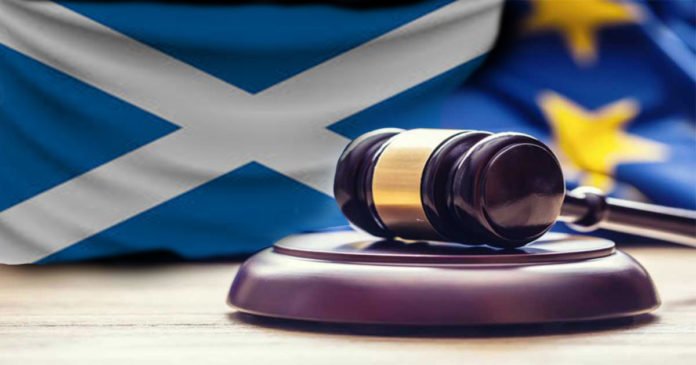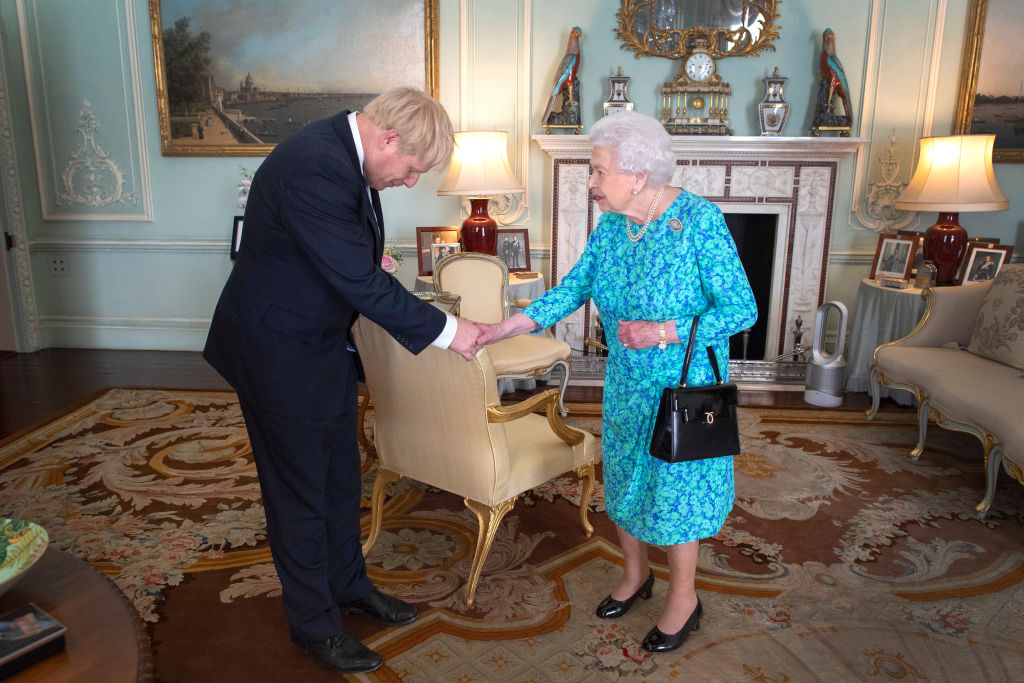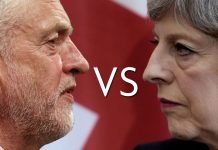
Boris Johnson’s suspension of the UK Parliament is unlawful, Scotland’s highest civil court has ruled.
A panel of three judges at the Court of Session found in favour of a cross-party group of politicians who were challenging the prime minister’s move.
The judges said the PM was attempting to prevent Parliament holding the government to account ahead of Brexit.
A UK government appeal against the ruling will be heard by the Supreme Court in London next week.
The Court of Session decision overturns an earlier ruling from the court, which said last week that Mr Johnson had not broken the law.
The current five week suspension of Parliament, a process known as proroguing, started in the early hours of Tuesday.
MPs are not scheduled to return to Parliament until 14 October, when there will be a Queen’s Speech outlining Mr Johnson’s legislative plans. The UK is due to leave the EU on 31 October.
Opposition parties have called for Parliament to be immediately recalled in the wake of the court judgement, but Downing Street said this would not happen ahead of the Supreme Court’s ruling on the case.
Misled the Queen in advising her to suspend Parliament
The Scottish ruling declared:
Mr Johnson had previously insisted that it was normal practice for a new government to prorogue Parliament, and that it was “nonsense” to suggest he was attempting to undermine democracy.
But the Court of Session judges were unanimous in finding that Mr Johnson was motivated by the “improper purpose of stymieing Parliament”, and he had effectively misled the Queen in advising her to suspend Parliament.
They added: “The Court will accordingly make an Order declaring that the prime minister’s advice to HM the Queen and the prorogation which followed thereon was unlawful and is thus null and of no effect.”
The judges failed to issue an interdict, or injunction, ordering the UK government to reconvene parliament, prompting a row over whether the decision meant MPs could go back to the House of Commons.
The court issued an official summary of its decision declaring the prorogation order was “null and of no effect”, but Carloway said the judges were deferring a final decision on an interdict to the UK supreme court, which will hold a three-day hearing next week.
Jolyon Maugham QC, the legal campaigner whose Good Law Project funded the legal action, said he and Aidan O’Neill QC, the group’s lawyer, believed this meant prorogation was suspended with immediate effect unless the UK government won a court order reinstating it.
The UK government will appeal at the UK supreme court against the latest ruling, which also contradicts a decision in Johnson’s favour by senior English judges last week.
The UK supreme court has already scheduled an emergency hearing on both the Scottish and English cases for 17 September, alongside a third challenge brought in the courts in Belfast.
The key lines from the ruling against Boris Johnson
Here are the key lines from the summary of the ruling, posted by the Scottish Judiciary Office on Wednesday.
The Court of Session has ruled that the Prime Minister’s advice to HM the Queen that the United Kingdom Parliament should be prorogued from a day between 9 and 12 September until 14 October was unlawful because it had the purpose of stymying Parliament.
Translation: The court thinks Boris Johnson suspended Parliament for his own political benefit — to avoid proper scrutiny by lawmakers. And it says that is not a lawful reason to shut down Parliament.
All three First Division judges have decided that the PM’s advice to the HM the Queen is justiciable, that it was motivated by the improper purpose of stymying Parliament and that it, and what has followed from it, is unlawful.
Translation: The court unanimously agreed that it had the power to review the Prime Minister’s decision.

The Lord President, Lord Carloway, decided that although advice to HM the Queen on the exercise of the royal prerogative of prorogating Parliament was not reviewable on the normal grounds of judicial review, it would nevertheless be unlawful if its purpose was to stymie parliamentary scrutiny of the executive, which was a central pillar of the good governance principle enshrined in the constitution; this followed from the principles of democracy and the rule of law.
Translation: The court says that while it’s not normally able to review a political decision, it’s doing so in this particular case because it raises issues of such great constitutional importance.
The circumstances in which the advice was proffered and the content of the documents produced by the respondent demonstrated that this was the true reason for the prorogation.
Translation: There is enough evidence to show that the Prime Minister concealed the real reason for suspending Parliament.
This was an egregious case of a clear failure to comply with generally accepted standards of behaviour of public authorities.
It was to be inferred that the principal reasons for the prorogation were to prevent or impede Parliament holding the executive to account and legislating with regard to Brexit, and to allow the executive to pursue a policy of a no deal Brexit without further Parliamentary interference.
Translation: The court agrees that Boris Johnson suspended Parliament because it would make it easier for him to take the UK out of the European Union without a deal.
“The Court will accordingly make an Order declaring that the Prime Minister’s advice to HM the Queen and the prorogation which followed thereon was unlawful and is thus null and of no effect.
Translation: The order given to suspend Parliament has no basis in law.
This is a "Pay as You Feel" website Please help keep us Ad Free.
You can have access to all of our online work for free. However if you want to support what we do, you could make a small donation to help us keep writing. The choice is entirely yours.
























